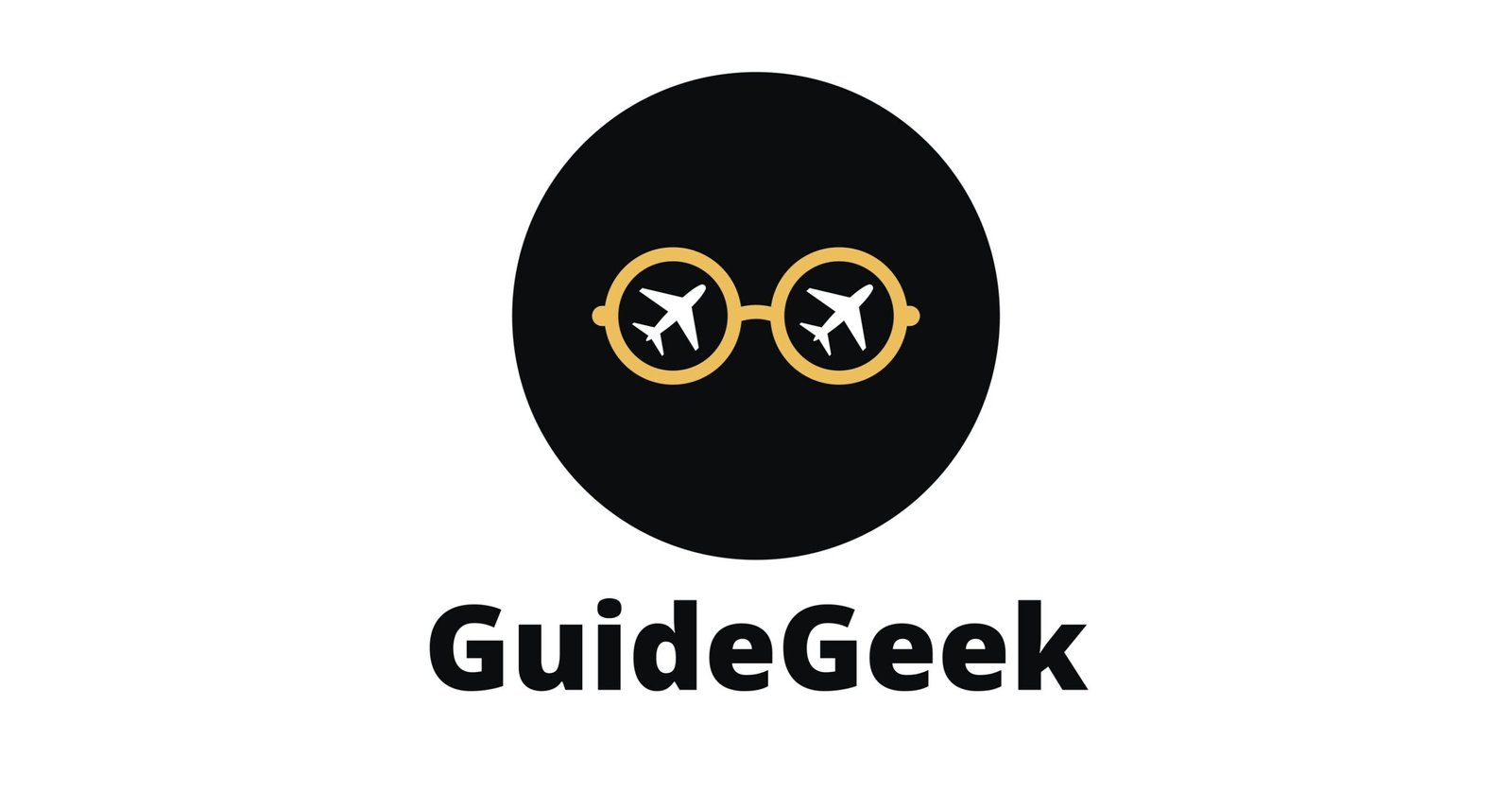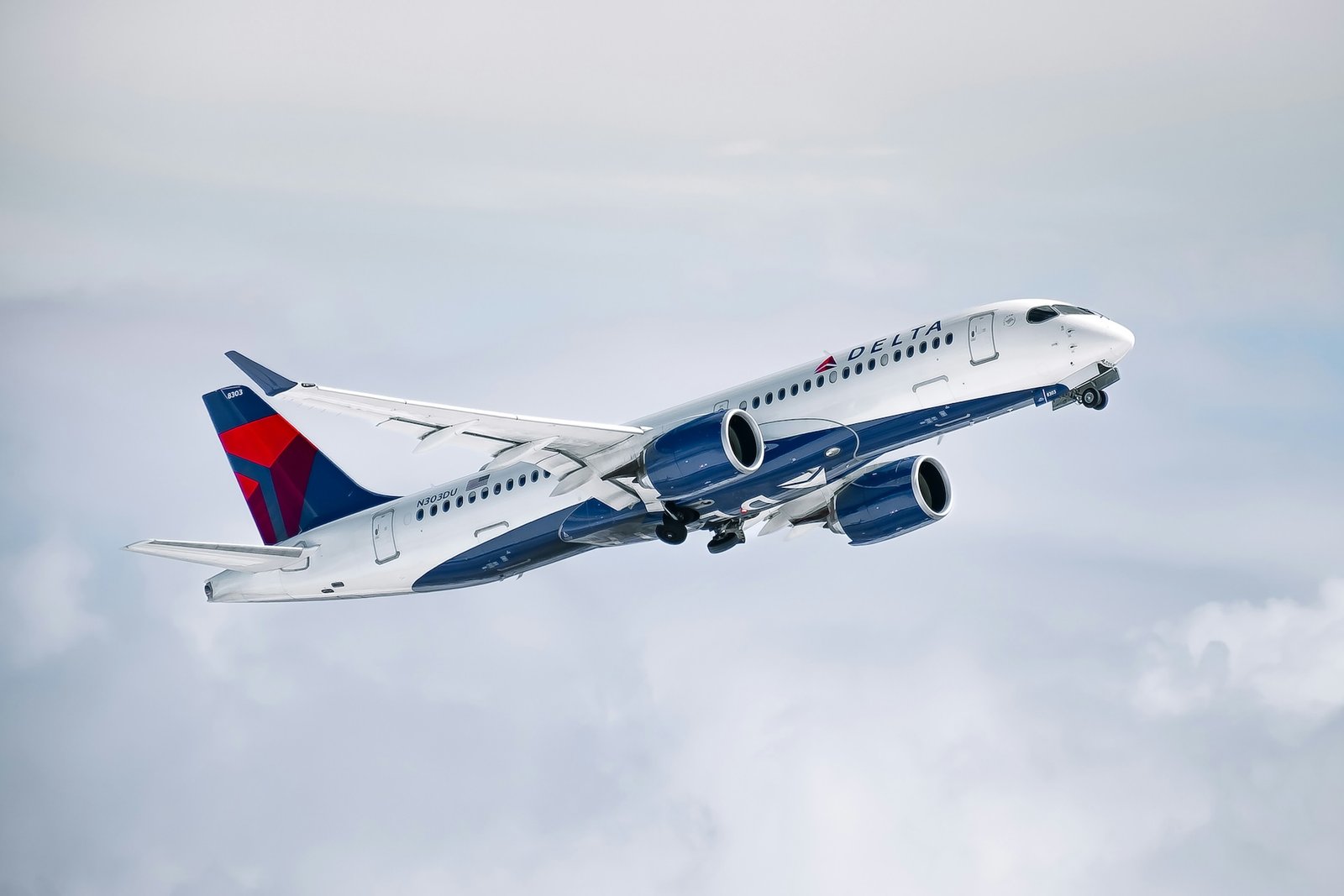AI in Travel
India Emerges as a Leader in AI Adoption and Travel Enhancement, ETTravelWorld

Indian travellers are embracing AI like never before. According to Booking.com’s Global AI Sentiment Report, Indian consumers are among the most positive globally towards artificial intelligence, with 99 per cent expressing excitement, 98 per cent open to using AI in travel, and 96 per cent familiar with the technology.
However, while enthusiasm runs high, trust in full AI autonomy lags. Only 16 per cent of Indian travellers fully trust AI, and just 12 per cent are comfortable with AI making independent travel decisions without human input. The majority see AI as a powerful assistant—not a replacement—for human judgment.
“Generative AI represents one of the most significant technological shifts of our era,” said Santosh Kumar, Regional Manager, South Asia, at Booking.com. “In India, people are not just curious — they’re actively using AI to shape better travel experiences. The opportunity is enormous, but so is our responsibility to guide travellers with trust and transparency.”
Key India-Specific Insights from the Report:
Top travel AI uses: researching destinations (53 per cent ), finding local experiences (44 per cent ), and getting restaurant recommendations (42 per cent )
– In-trip AI use: translation (55 per cent ), local suggestions (52 per cent ), navigating transport (41 per cent )
– Post-trip AI use: photo editing (51 per cent )
– 45 per cent trust AI assistants more than travel bloggers (36 per cent ) or social media influencers (31 per cent )
– 87 per cent already use AI for some aspect of travel
– 82 per cent value AI tools that reduce crowding and overtourism
Despite this uptake, 92 per cent of Indian respondents still express at least one concern around AI, particularly its impersonal nature and the need for verification: 32 per cent always fact-check AI results, and 38 per cent find it lacks the human touch.
The report categorizes Indian AI sentiment into groups:
– 46 per cent – AI Enthusiasts
-28 per cent – AI Advocates
– 10 per cent – AI Detractors
– 5 per cent – AI Cautious
– 4 per cent – AI Skeptics
Globally, APAC ranks among the most AI-friendly regions, while North America and Europe exhibit more skepticism and demand for transparency.
Bottom Line:
India is leading the charge into AI-powered travel, driven by curiosity, convenience, and a willingness to experiment—but travellers still want human validation. Booking.com is building on this momentum to make AI a more transparent, empowering tool for the next generation of global explorers.
AI in Travel
New York City Launches New AI Travel Guide

Travelers heading to New York City now have one more tool in their arsenal to help them experience the city, an AI chat platform called Libby, short for Liberty.
The new AI tool, available on New York City Tourism + Conventions’ website on the lower right-hand side, along with the city’s official Instagram and WhatsApp, is available in 60 different languages and will provide quick answers to any travel or tourism-related questions about the city.
The responses travelers receive are personalized with extensive data from the tourism organization.
“We’re pleased to unveil Libby, the official AI chat platform for exploring New York City,” says Julie Coker, president and CEO of New York City Tourism + Conventions. “As we gear up for America 250 celebrations and the 2026 FIFA World Cup, we’re proud to offer this free, innovative tool in 60 languages that empowers global visitors to craft unique itineraries and discover unforgettable experiences across all five boroughs.”
New York City will also promote Libby at 4,000+ LinkNYC screens at transit stops. Libby was created in partnership with GuideGeek AI technology from Matador Network.
For the latest travel news, updates and deals, subscribe to the daily TravelPulse newsletter.
Topics From This Article to Explore
AI in Travel
A New AI Travel Genius for Visitors Powered by GuideGeek

NEW YORK, Aug. 5, 2025 /PRNewswire/ — Travelers visiting New York City can now rely on Libby, an AI travel genius that provides instant responses to any travel or tourism questions about the five boroughs in 60 languages. Libby is an initiative of New York City Tourism + Conventions, the official destination marketing organization and convention and visitors bureau for the five boroughs of New York City, and leverages GuideGeek artificial intelligence technology from Matador Network.
“We’re pleased to unveil Libby, the official AI chat platform for exploring New York City,” says Julie Coker, president and CEO of New York City Tourism + Conventions. “As we gear up for America 250 celebrations and the 2026 FIFA World Cup, we’re proud to offer this free, innovative tool in 60 languages that empowers global visitors to craft unique itineraries and discover unforgettable experiences across all five boroughs.”
Libby, short for Liberty, assists visitors, or locals exploring another borough, with tailored travel tips and itineraries, connecting people to local businesses, attractions and cultural experiences. The personalized, real-time responses are generated by AI trained on extensive data from NYC Tourism, coupled with over 1,000 integrations for travel information from GuideGeek’s award-winning technology.
The launch of Libby follows the success of Ellis, the first meetings and conventions planning artificial intelligence chat platform created for business event professionals, launched by NYC Tourism and GuideGeek earlier this year. The tool doubled traffic to NYC Tourism’s meeting website within the first month. Libby provides a broader consumer tool for travelers of all sorts.
“It is absolutely impossible to do or see everything in New York City, even if you visit often or live there,” says Matador Network CEO Ross Borden. “Libby helps visitors and those exploring a new corner of the city instantly find restaurants, activities and hidden gems that really align with their interests and preferences.”
To access Libby, travelers can visit nyctourism.com and click the chat icon in the bottom-right corner. They can also connect with the AI on WhatsApp or Instagram to ask questions and receive tips on the go while exploring the city. In addition, 4,000-plus LinkNYC screens at transit stops will promote the AI to visitors and locals.
About New York City Tourism + Conventions
New York City Tourism + Conventions is the official destination marketing organization (DMO) and convention and visitors bureau (CVB) for the five boroughs of New York City. Our mission is to invite the world and energize the City, building equitable, sustainable economic prosperity and community through tourism for the mutual benefit of residents, businesses and visitors. For all there is to do and see in New York City, visit nyctourism.com.
About Matador Network
Matador Network is the world’s No. 1 media brand for modern adventurers and creator of the award-winning AI travel genius GuideGeek. With more than 16 million followers across social media, Matador has become a leading travel brand through its production of article features, city guides, creator-first content and original videos. Matador is the top-ranking travel brand on TikTok and its videos are viewed more than 140 million times per month. It has content distribution deals with destinations throughout the world and major brands in the travel industry and beyond. matadornetwork.com
Media Contact:
Jason Simms
860-526-1555
[email protected]
SOURCE Matador Network
AI in Travel
Delta denies using AI to personalise ticket prices after political backlash

The American airline has assured U.S. lawmakers that it will not use artificial intelligence to personalise airfares based on passengers’ personal data, following public backlash and criticism from both sides of the political spectrum in Congress.
The controversy was reignited last month when Delta President Glen Hauenstein informed investors that around 3% of the airline’s ticket prices are currently determined by AI – triple the proportion from nine months ago – and that the company intends for 20% of its fares to be AI-driven by the end of 2025. Hauenstein had previously spoken of plans to ‘fully reengineer’ fare-setting practices, with the long-term goal of eliminating static pricing altogether. Hauenstein suggested that this AI-based system could predict how much customers would be willing to pay for premium services. This has raised concerns that personalised pricing could replace the traditional dynamic pricing model.
The start up Fetcherr, who partners with Delta Airlines, has a new AI program that will make airline pricing swing wildly from one moment to the next.
The program is so complex that it will “go beyond human cognitive limits,” reports Max Chafkin https://t.co/NsJad2jhp0 pic.twitter.com/qa3j0XtTxD
— Bloomberg TV (@BloombergTV) August 4, 2025
This statement was condemned across the political spectrum, as well as by the public and other figures in the aviation industry. American Airlines CEO Robert Isom warned that such practices were ‘un-American’ and would damage consumer trust. He stated: “This is not about bait and switch. This is not about tricking”.
In response to these concerns, Delta’s EVP and Chief External Affairs Officer, Peter Carter, wrote to senators on Friday. He clarified that the company’s ticket pricing “never takes into account personal data” and that the letter presupposes that “we are using, and intend to use, AI for ‘individualised’ pricing… That is incorrect.” He stated that there is “no fare product that Delta has ever used, is testing, or plans to use that targets customers with individualised prices based on personal data”.
Delta’s AI pricing is threatening personal privacy & consumers. Putting profits over people, Delta’s AI algorithm uses personal information to tailor pricing up to an individual’s specific pain point—lining the airline’s pockets at the consumer’s expense. pic.twitter.com/FwLv0tNAp8
— Richard Blumenthal (@SenBlumenthal) July 29, 2025
How Delta is using AI
Delta explained that it is evaluating an AI-based revenue management technology developed by Fetcherr, an AI pricing company. This tool is intended to be a decision-support tool for analysts, not an automated pricing system to “oversee and fine-tune the recommendations to ensure they are consistent with [the airline’s] business strategy”. According to the company, the technology will support analysts in their pricing tasks by reducing manual processes, forecasting demand and aggregating purchasing data, adapting it to market conditions as necessary. Delta also assured lawmakers that no personal information is shared with Fetcherr.
Despite these reassurances, some lawmakers remained unconvinced and requested more information on Delta’s AI usage.
Senator Ruben Gallego accused Delta of being two-faced and of sending mixed messages to investors and the public. Yet, he conceded that “if Delta is in fact using aggregated instead of individualised data, that is welcome news”.
Dynamic pricing and new legislation
The airline emphasised its prices are determined by “dynamics and vigorous competition”, a reference to the practice of dynamic pricing used for decades by the industry.
Under this model, fares fluctuate based on factors such as availability, customer demand, fuel prices, and market competition, not consumers’ personal information. The airline underlined that this is a key distinction from individualised pricing.
Last week, Democratic representatives Greg Casar and Rashida Tlaib introduced a new legislative proposal, the Stop Price Gouging the Poor Act, which aims to ban all companies from using AI to set prices based on a buyer’s wages and personal data. The representatives described such practices as economic discrimination and said they were likely to deepen inequalities.
-

 Brand Stories2 weeks ago
Brand Stories2 weeks agoBloom Hotels: A Modern Vision of Hospitality Redefining Travel
-

 Brand Stories1 week ago
Brand Stories1 week agoCheQin.ai sets a new standard for hotel booking with its AI capabilities: empowering travellers to bargain, choose the best, and book with clarity.
-

 Destinations & Things To Do2 weeks ago
Destinations & Things To Do2 weeks agoUntouched Destinations: Stunning Hidden Gems You Must Visit
-

 Destinations & Things To Do1 week ago
Destinations & Things To Do1 week agoThis Hidden Beach in India Glows at Night-But Only in One Secret Season
-

 AI in Travel2 weeks ago
AI in Travel2 weeks agoAI Travel Revolution: Must-Have Guide to the Best Experience
-

 Brand Stories1 month ago
Brand Stories1 month agoVoice AI Startup ElevenLabs Plans to Add Hubs Around the World
-

 Brand Stories4 weeks ago
Brand Stories4 weeks agoHow Elon Musk’s rogue Grok chatbot became a cautionary AI tale
-

 Asia Travel Pulse1 month ago
Asia Travel Pulse1 month agoLooking For Adventure In Asia? Here Are 7 Epic Destinations You Need To Experience At Least Once – Zee News
-

 AI in Travel1 month ago
AI in Travel1 month ago‘Will AI take my job?’ A trip to a Beijing fortune-telling bar to see what lies ahead | China
-

 Brand Stories2 weeks ago
Brand Stories2 weeks agoContactless Hospitality: Why Remote Management Technology Is Key to Seamless Guest Experiences













You must be logged in to post a comment Login